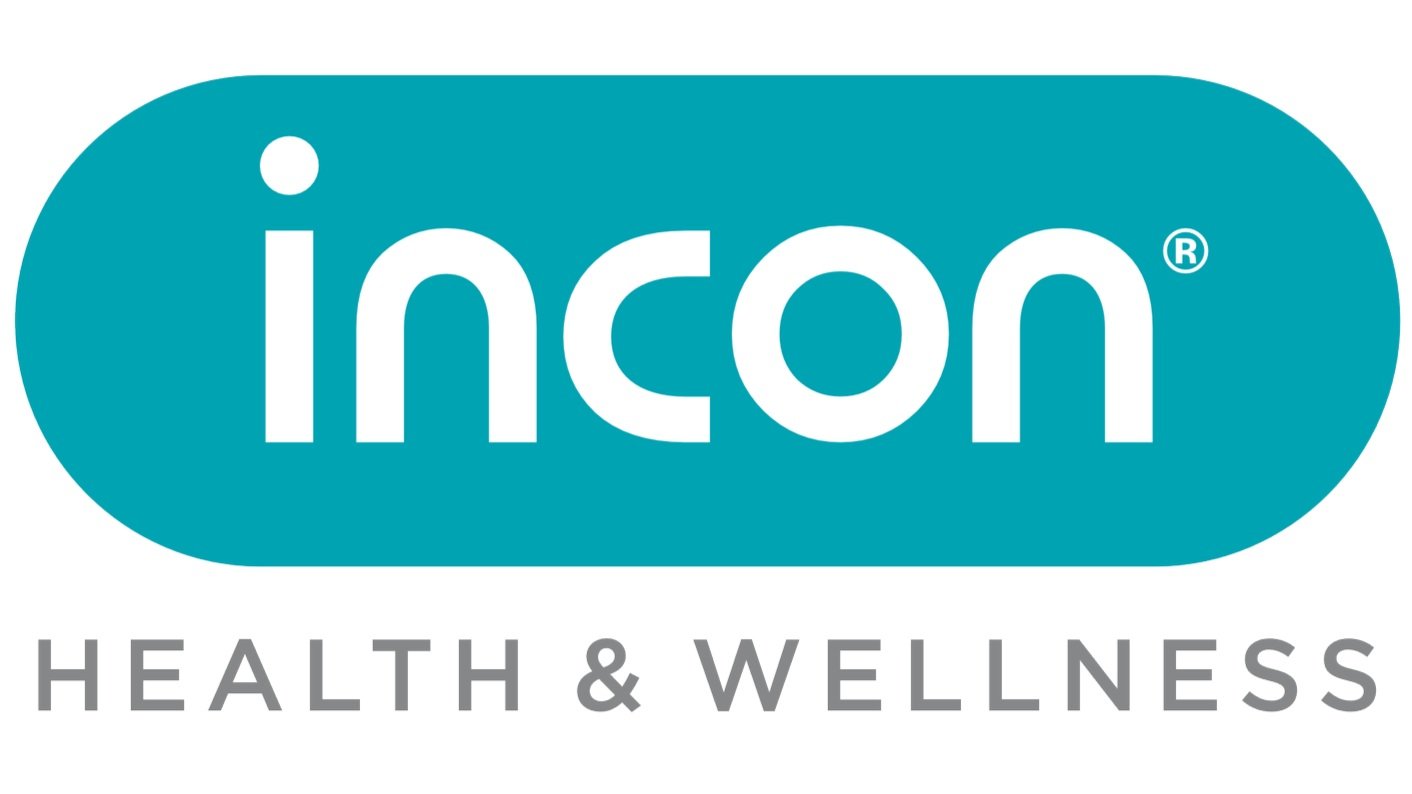Ethical Decision-Making in AI
As artificial intelligence (AI) systems integrate more deeply into the workplace, their influence on decision-making processes becomes increasingly significant. These systems, driven by data and algorithms, excel in identifying the most efficient outcomes based on vast quantities of information. However, while AI can optimise for efficiency, it often lacks the capacity to assess the ethical implications of its suggestions, particularly concerning occupational health and well-being.
The ethical dimension is crucial in scenarios where AI systems are used to manage or influence workplace environments. For instance, an AI might recommend longer working hours or reduced breaks based on productivity metrics, seemingly beneficial from an operational standpoint. However, without considering the long-term health implications, such recommendations could lead to increased employee stress, burnout, and physical health risks.
Human oversight becomes indispensable in this context. It is necessary for professionals, especially those in human resources and occupational health, to evaluate AI-generated recommendations critically. They must ensure that these suggestions do not compromise employee well-being, adhering instead to ethical standards that promote a healthy work-life balance.
This oversight involves a collaborative approach where AI provides data-driven insights while humans integrate these insights with ethical considerations, emphasising employee health, safety, and morale. Implementing such checks ensures that AI tools enhance workplace environments without undermining the very workforce they aim to support.
In conclusion, while AI offers valuable tools for improving workplace efficiency, its application must be balanced with conscientious human oversight. Ensuring that AI respects and promotes occupational health and well-being is not just an ethical necessity but a practical one for sustainable business practices.

